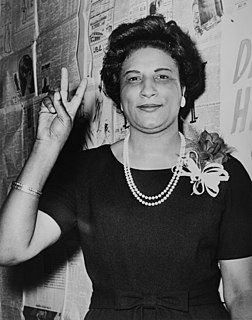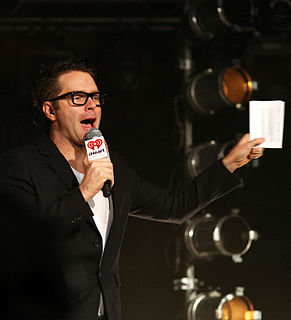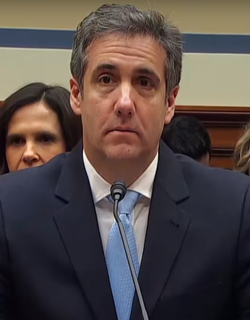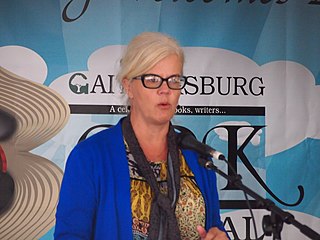A Quote by Constance Baker Motley
Today's white majority is largely silent about the race question.
Related Quotes
I've heard the term ["silent majority"], but for the last 20 years I really haven't heard the term. But I went to a rally in Alabama, and there were 31,000 people there, you've seen it, you've read about it. And I looked and I said, this is the silent majority. Though they weren't silent, because they want to see proper change, not [Barack] Obama change.
'Human history, ' H.G. Wells once wrote, 'becomes more and more a race between education and catastrophe.' You and I cannot be indifferent to the outcome of that race. We care deeply about the winner. Because we do care so deeply about the winner, that is why we are all in the East Room of the White House today.
My friend Ian Hagemann, a regular at Wiscon, once said on a panel that when he reads science fiction futures that are full of white people and no one else, he wonders when the race war happened that wiped out the majority of the human race, and why the writer hasn’t mentioned such an important plot point.
The goal of abolishing the white race is on its face so desirable that some may find it hard to believe that it could incur any opposition other than from committed white supremacists... Keep bashing the dead white males, and the live ones, and the females too, until the social construct known as 'the white race' is destroyed - not 'deconstructed' but destroyed.
So many white people don't want to talk about race; it's uncomfortable. Many reason that slavery happened more than a century ago, and people alive today had nothing to do with it. But the particulars of these stories, from slavery to segregation to civil rights and mass incarceration, are at the marrow of life in America today.





































